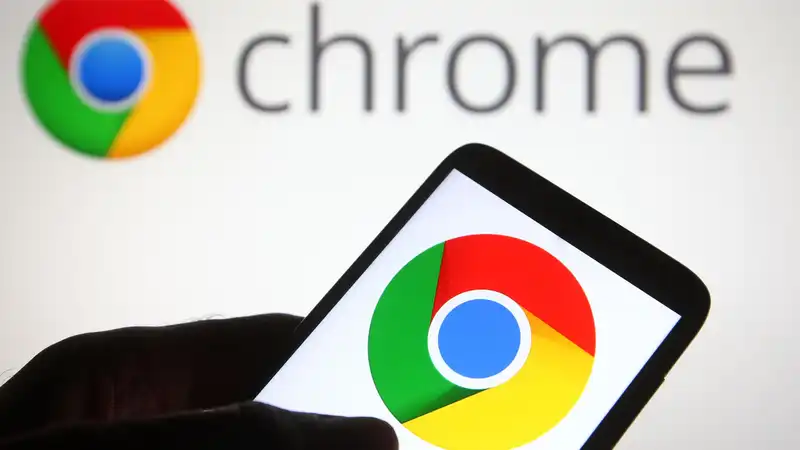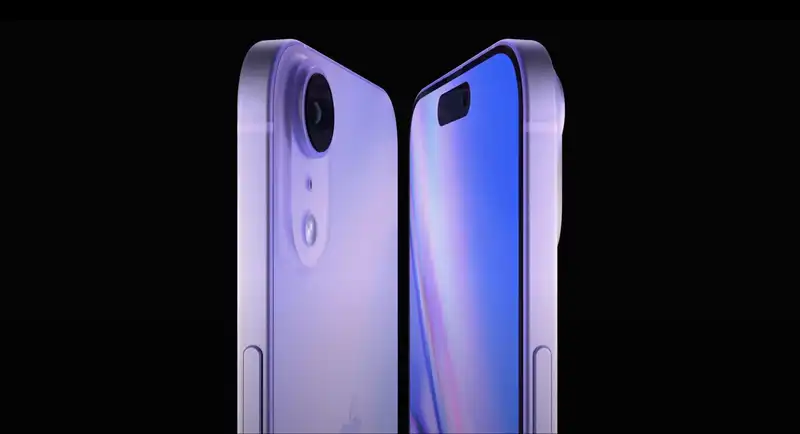Google suffered a legal blow in an antitrust lawsuit with the U.S. government, where presiding Judge Amit Mehta ruled that the giant tech company violated the Sherman Act. At the time, Judge Mehta declared that “Google is a monopolist.”
There was much speculation as to how the DOJ would respond to the ruling, with many suspecting that the DOJ would seek to dismantle Google.
Bloomberg reports that the DOJ intends to force Judge Mehta to force Google to sell some parts of the company, including the Chrome browser. Other recommendations from antitrust officials include recommending that the judge “impose data licensing requirements.”
If Judge Mehta accepts the DOJ's proposal, it could fundamentally change not only the Internet and search, but also the AI industry.
Along with the Chrome sale, the DOJ has several proposals. One is to force Google to remove the Android operating system from other products, including search and the Google Play Mobile app store.
Google has spent years and billions of dollars in exclusive agreements with competitors like Apple to maintain its position as the most dominant browser on both cell phones and browsers. These agreements helped prevent search engines like Microsoft's Bing and DuckDuckGo from gaining a larger foothold in the search engine world. Google accounts for more than 90% of search traffic, while its competitors combined reach only 6%.
Having such a dominant position is a boon for Google's advertising business, allowing it to leverage search for its constantly evolving AI products like Gemini.
Additional proposals would require Google to share more information with advertisers and control where ads appear. It would also prohibit the exclusivity agreements the company has used to gain an exclusive position.
Specifically with respect to search, antitrust enforcers have proposed that Google sell “click and query” data and syndicate search results separately. Currently, Google sells very limited access to syndicated search results, including prohibiting mobile use. Opening this up could allow rivals to improve their search indexes or build their own.
The case was filed during the first Trump presidency in 2020 and continued throughout the administration of President Joe Biden. Whether this next administration will continue and enforce the lawsuit or simply leave it alone is unclear from Trump's current cabinet picks and his purported goals for his return.
In any case, this is a landmark trial, the biggest attempt to curb the technology giant since the government tried to dismantle Microsoft more than 20 years ago.
Google, of course, strongly disagrees with the DOJ's stance. Google's vice president of regulatory affairs told Bloomberg that the DOJ “continues to push a radical agenda that goes far beyond the legal issues in this case.” She further stated that “for the government to put its thumb on the scale in this way is harming consumers, developers, and America's technology leadership at precisely the time when it is needed most.”
The actual trial lasted 10 weeks in the fall of 2023, with closing arguments in May 2024 and the meter decision in August. The judge has now set a two-week hearing for April to hear how Google must remedy its monopolistic behavior. A final ruling is expected in August 2025.










Comments